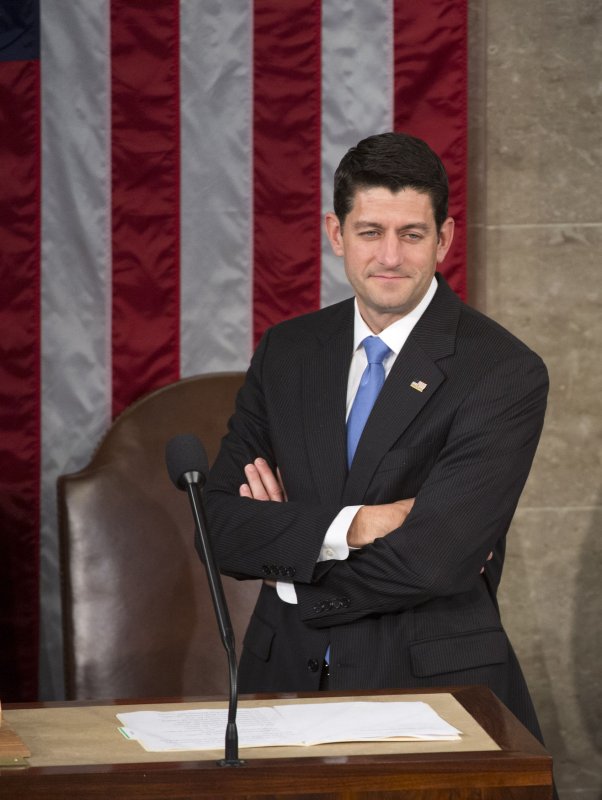WASHINGTON, July 14 (UPI) -- The House passed a controversial bill Wednesday that supporters say will protect the rights of health care workers and others who oppose abortion.
The Conscience Protection Act, passed along party lines 245-182, would shield those who refuse to perform, assist or fund abortions. The bill's chief sponsor, Rep. Diane Black, R-Tenn., said it would bar state and local governments from penalizing the objectors by making it clear they have a "right of conscience." The bill was drafted in response to a recent California mandate that requires all insurance in the state to cover elective abortions.















